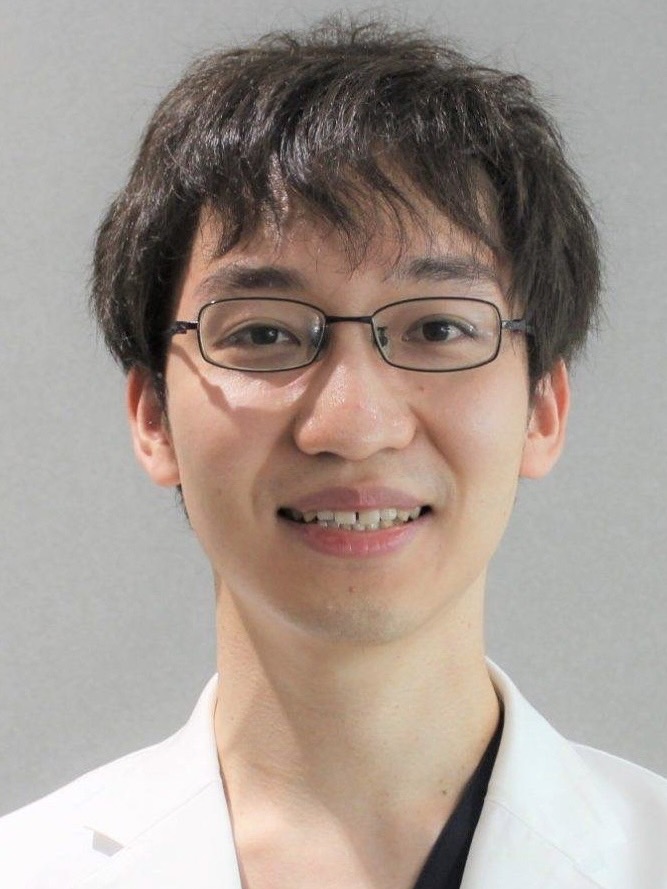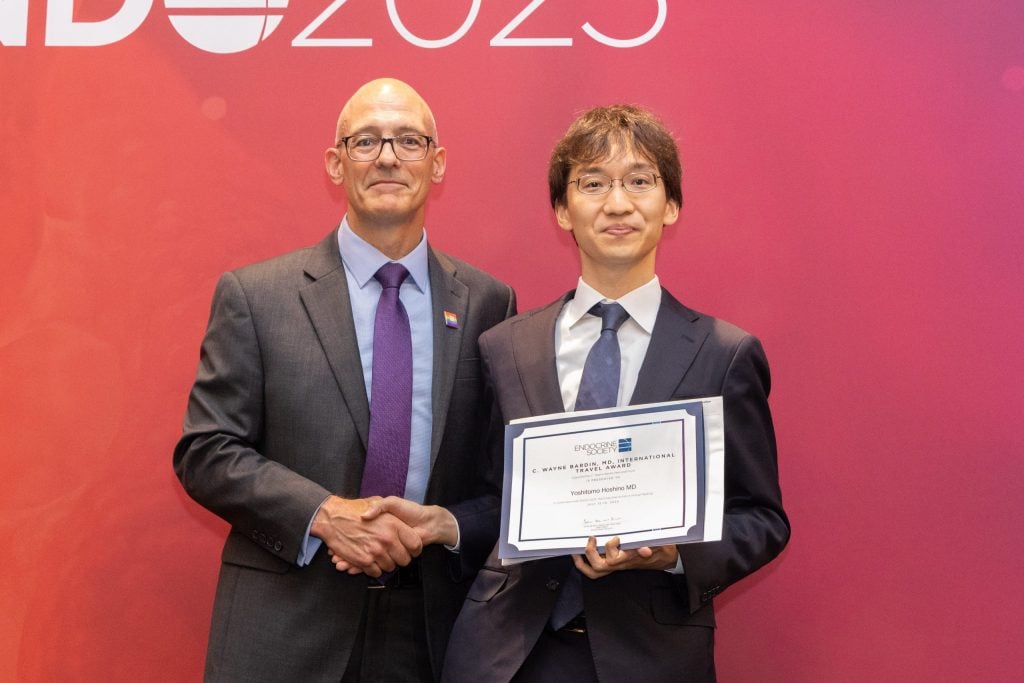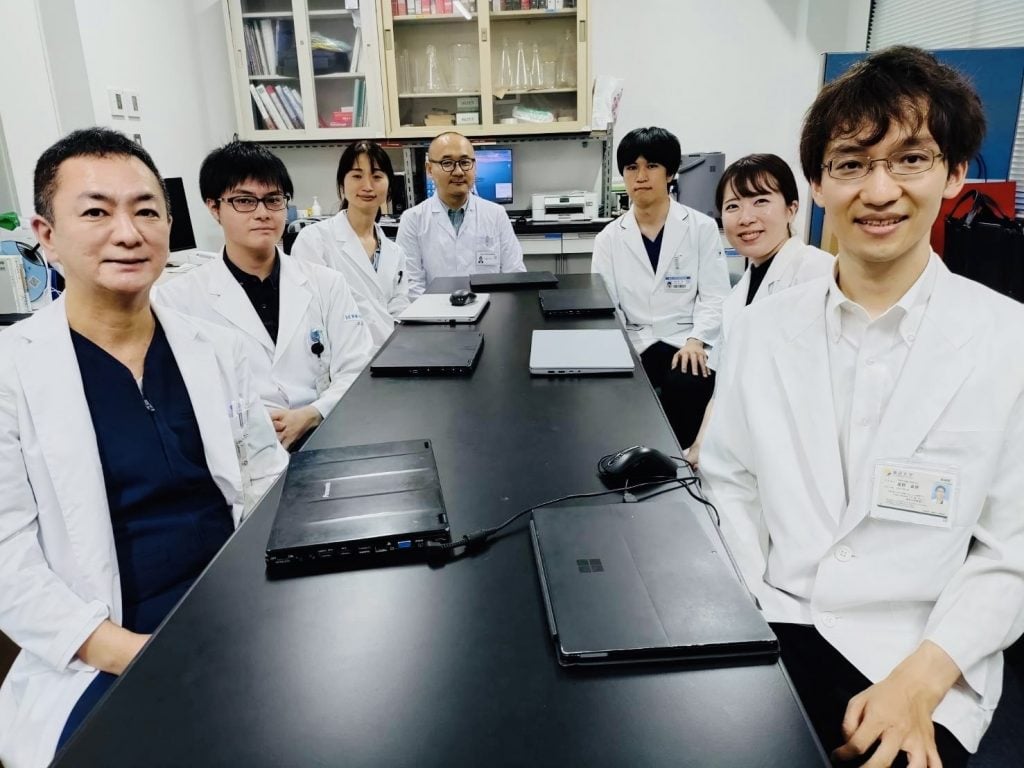
When physician-scientist Yoshitomo Hoshino, MD, PhD, heard the news of receiving this year’s Bardin Award, he was grateful for the opportunity to present his research at ENDO 2025, the world’s most prestigious endocrinology conference. He tells Endocrine News more about his award-winning abstract, how studying bone disease became his life’s work, and his future research goals.
In 2019, Yoshitomo Hoshino, MD, PhD, attended his first ENDO conference in New Orleans and vividly remembers being impressed by its scale and energy, and recalls the “great opportunity to see researchers and clinicians from around the world come together to share their latest work in endocrinology.”
As the winner of the 2025 C. Wayne Bardin International Travel Award, Hoshino has been granted funding to once again attend ENDO from his home in Tokyo — this time for ENDO 2025 in San Francisco, Calif.
Hoshino is a physician-scientist in the Department of Nephrology and Endocrinology at the University of Tokyo Hospital. He earned his medical degree from the University of Tokyo Faculty of Medicine in 2015, and after completing his initial clinical training and specializing in endocrinology at various institutions, joined the Department of Nephrology and Endocrinology in 2021. Hoshino just completed his PhD program in March and is continuing his work as a postdoctoral researcher in the laboratory of Nobuaki Ito, PhD.

Endocrine News caught up with Hoshino to learn more details about his winning abstract and what he most is looking forward to at ENDO 2025.
Endocrine News: You won the award based on your outstanding abstract. Can you give us a brief summary?
Hoshino: My abstract presents the discovery of a potential new disease entity: autoimmune osteomalacia caused by autoantibodies against PHEX. While tumor-induced osteomalacia (TIO) is typically caused by phosphaturic mesenchymal tumors, such tumors cannot be identified in a substantial proportion of patients. In this study, we found that some of these patients had autoantibodies targeting PHEX, the protein product of the PHEX gene, loss-of-function mutations of which are known to cause X-linked hypophosphatemic rickets (XLH). These findings suggest that the autoantibodies may inhibit PHEX function and lead to FGF23-related hypophosphatemia through a mechanism similar to that of genetic disorders, offering new insights into the pathogenesis of acquired osteomalacia.
EN: Your research has led to a better understanding of bone health disorders. How did this become your life’s work?
Hoshino: After completing my initial clinical training, I worked as a clinician and treated patients with a wide range of endocrine disorders at several institutions. Among the cases I encountered there were patients with unexplained endocrine diseases, particularly those involving bone and mineral metabolism. One such case was a patient suspected of having TIO, but no causative tumor could be identified despite thorough evaluation. These clinical experiences left a lasting impression on me and ultimately motivated me to pursue research aiming at uncovering the underlying mechanisms of such poorly understood diseases.
When I entered the PhD program at the University of Tokyo, I was fortunate to join the laboratory of Nobuaki Ito, PhD. I was deeply inspired by his passion and dedication to bone research. Under his guidance, I began studying autoimmune mechanisms in cases of acquired FGF23-related osteomalacia without detectable tumors. Dr. Ito provided me with invaluable support in establishing the methods to detect disease-specific autoantibodies.
“I plan to expand our research interest to other acquired diseases of unknown etiology and try to detect currently unidentified disease-causing autoantibodies in these patients with the techniques I used to detect anti-PHEX autoantibodies. Many such conditions remain poorly understood, and I believe that applying autoantibody screening methods may help uncover novel autoimmune mechanisms.” – Yoshitomo Hoshino, MD, PhD, physician-scientist, Department of Nephrology and Endocrinology, University of Tokyo Hospital, Tokyo, Japan
I would also like to express my sincere gratitude to Dr. Kazuo Okamoto, a co-author on our study, who gave me meticulous instruction on the laboratory techniques and supported my progress as a researcher. I truly believe that I would not have been able to achieve the current publication in the New England Journal of Medicine without the generous mentorship and encouragement of both Drs. Ito and Okamoto.
EN: What are your research goals for the next couple of years?
Hoshino: Looking ahead, I have two main research goals. First, I aim to investigate the pathogenic role of anti-PHEX autoantibodies in autoimmune osteomalacia. Specifically, I hope to establish whether these autoantibodies can directly cause osteomalacia by conducting functional studies, including in vivo experiments using animal models. Clarifying this would provide direct evidence for the causative role of the autoantibodies in disease development.

Nobuaki Ito, lab director; Koki Irie, graduate student; Naoko Hidaka, postdoctoral fellow; Jiajue Ruizhi,
a visiting student from China; and graduate students Soichiro Kimura and Natsuho Adachi.
Second, I plan to expand our research interest to other acquired diseases of unknown etiology and try to detect currently unidentified disease-causing autoantibodies in these patients with the techniques I used to detect anti-PHEX autoantibodies. Many such conditions remain poorly understood, and I believe that applying autoantibody screening methods may help uncover novel autoimmune mechanisms.
EN: What are you most looking forward to when you attend ENDO 2025 in San Francisco?
Hoshino: I’m especially looking forward to the Excellence in Endocrinology Dinner, for which I’ve kindly been invited. I also look forward to experiencing the unique atmosphere of an international conference and gaining perspectives that are different from those typically encountered at meetings held in Japan. I’m confident it will be a valuable and enriching experience for my professional development as both a researcher and a clinician.
EN: When you’re not at work, what is your favorite way to past the time?
Hoshino: Outside of work, I really enjoy spending time with my 1-year-old son. On my days off, taking him to the park is one of my favorite ways to relax. I also enjoy playing the piano, watching Japanese professional baseball, and trying delicious food.
Shaw is a freelance writer based in Carmel, Ind. She is a regular contributor to Endocrine News and writes the monthly Laboratory Notes column.

